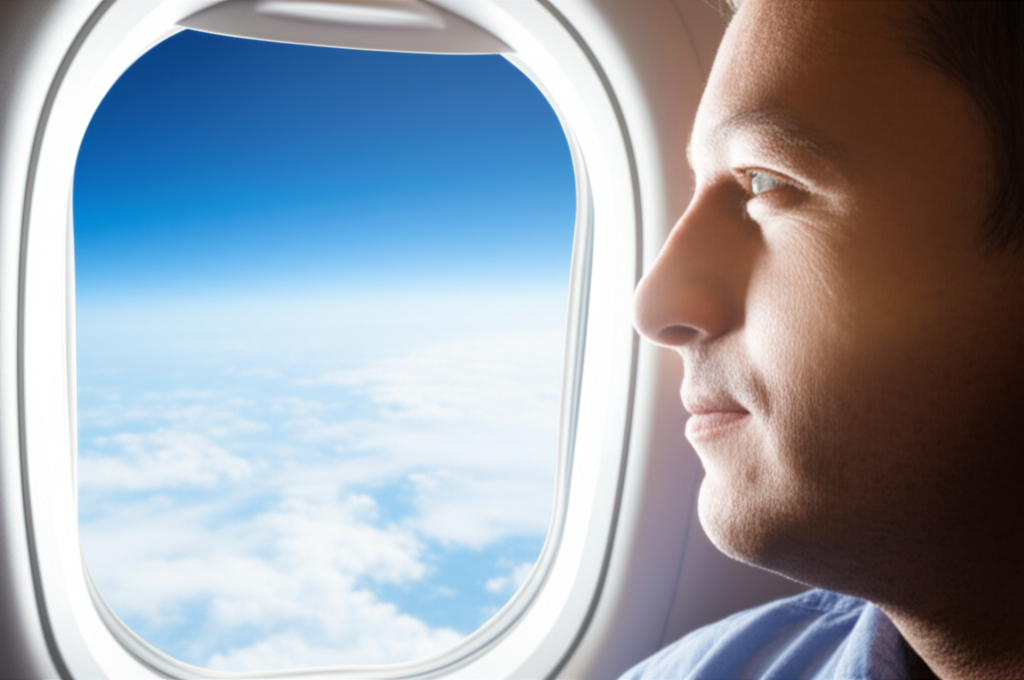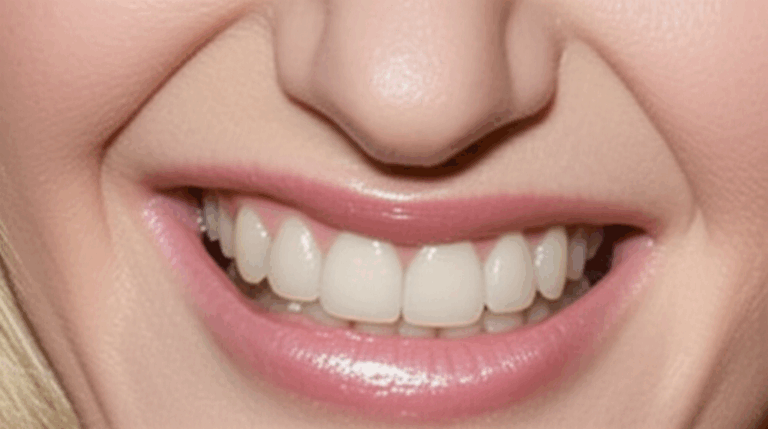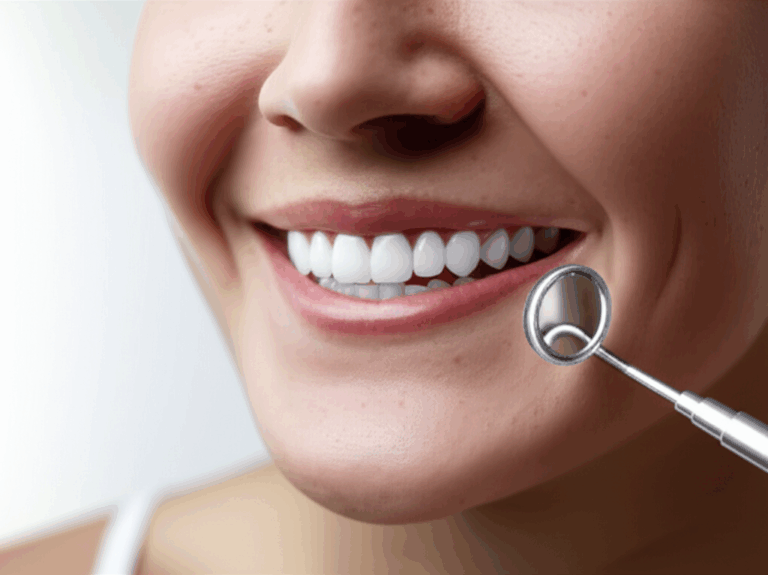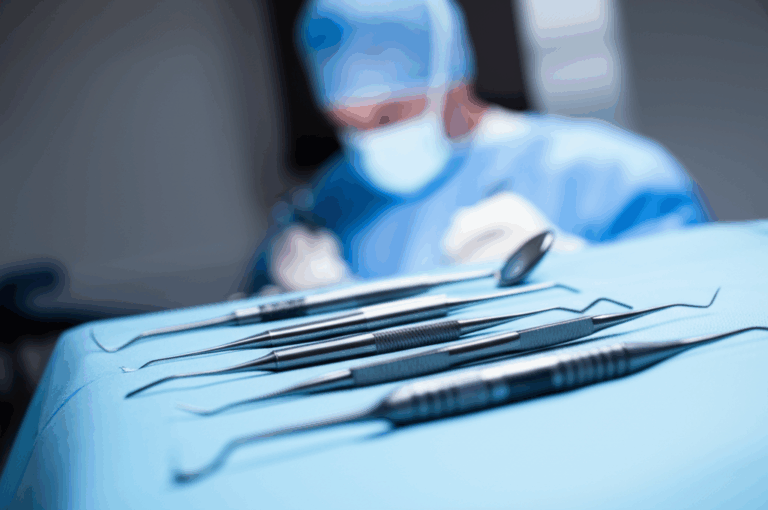
How Soon Can You Fly After Dental Implant Surgery? My Personal Guide for Safe, Stress-Free Travel
Table of Contents
- Simple Implants and Short Flights
- Longer Flights or Complex Surgeries
- Bone Grafts and Sinus Lifts: Special Considerations
Introduction: My Journey Balancing Recovery and Travel Plans
Let me take you back to a few years ago when I had a problem you might know. I just had dental implant surgery. My stitches were still new, and honestly, I wanted to curl up with an ice pack and some soup. But I already had a flight booked to see family across the country. The question that kept going through my mind: How soon can I fly after my dental implant surgery? Is it safe, or can I ruin my recovery and waste my money?
If you’re in that worried place—bags packed, but not sure if your mouth is ready for flying—let me share what I learned in my own situation, plus advice from my dentist and other tooth experts. I’ll look at risks, timelines, and quick tips so you don’t have to read a thousand forums or hear secondhand stories.
Direct Answer: General Timelines for Flying After Dental Implants
First things first: The time you have to wait before flying after dental implant surgery isn’t always the same, but I can give you some easy guidelines based on what you had done and what dentists usually say.
Simple Implants and Short Flights
For me, I got a single, simple dental implant with numbing shots. My oral surgeon said, “If you need to take a short flight—let’s say about two hours or less—wait at least 24 to 48 hours. Make sure your pain and swelling is okay, and always call me first.”
For longer flights, my doctor told me, “Wait at least three to seven days. The first week is when most problems happen—if they happen.”
Longer Flights or Complex Surgeries
Maybe you had several dental implants or work on both sides of your mouth. In that case, my own research—and the advice I got—says to wait seven to ten days before you get on a plane. The harder the surgery, the more time your body needs to heal.
Bone Grafts and Sinus Lifts: Special Considerations
Now, this part is more important. If you had a bone graft or a sinus lift, the surgeon probably told you not to fly for a while, and they’re right. With these types of surgeries, you have a new, weak area that’s often close to your sinuses. The pressure changes on the plane can cause:
- Really bad sinus pain
- Bleeding or graft moving
- More chance for sinus infection
Most experts say to wait two to four weeks (some say up to six weeks for big sinus lifts). I know a friend who flew five days after a sinus lift and had pain and problems for weeks. For stuff like this, it’s better to be patient.
Why Wait? The Real Risks of Flying Too Soon
You might wonder, “What could actually go wrong if I ignore this?” Here’s what came up for me, comes up for others, and what research shows.
1. Swelling and Pain Get Worse
Plane air isn’t the same as down here. I felt it on my first flight after surgery—my gums started to throb, and the swelling was worse. Even a fast trip can make pain or bleeding worse if you aren’t healed much yet.
2. Sinus Problems
If your implant is in your top jaw, especially if you had a sinus lift, the pressure change can send air into your sinus area. I heard one patient say the pain was “the worst headache and face pressure of my life.” Sometimes, the bone graft can move out of place.
3. Slow Healing and Fusion
I learned a new word—osseointegration. That’s when the bone and implant stick together. Anything rough (even just swelling or extra pressure) can hurt this, mostly in the early days and weeks. If you push too soon, you could lose the implant.
4. Infection Risk
Travel is tough on your immune system, and it’s harder to keep your mouth clean. I tried rinsing in an airport bathroom—definitely not good after surgery!
5. Anesthesia Side Effects
Even one day later, numbing medicine can make you dizzy or sick. I flew less than a day after a small surgery once, and it felt terrible. The movement and pressure just made it worse.
6. Can’t Get Help Fast
If things go wrong—like swelling, bleeding, fever—while flying or in another town, you might not have your dentist near you. That’s scary, and why doctors like you to have contacts and, if you can, travel insurance for medical surprises.
Factors That Shape Your “Fly-Ready” Timeline
Now that you know why waiting matters, let’s talk about what decides your healing time. Everyone is different, but some main things play a part.
1. Type and How Hard Your Surgery Was
If you just had a simple implant put in by a skilled implant dentist, you might heal a lot quicker. If you had work done with some new tech at an implant dental laboratory, you might heal faster too. But if you had more work—like several implants or bone grafts—it’ll just take longer.
2. Your Health and Pills
If you have things like diabetes or take medicine like blood thinners or steroids, your healing might be slower. My cousin, who is diabetic, had to wait twice as long as most people.
3. What Kind of Numbing You Had
Just numbing shots? You’ll probably be fine pretty soon. But if you had to go to sleep (general anesthesia), wait at least 24 hours before any travel.
4. How You Feel Now
Are you still really swollen or have a lot of pain the day before flying? That’s your body saying, “Not yet!”
5. Type of Flight
A short domestic trip? That’s easier. But if you’re crossing the country or traveling overnight, give yourself more time—a plane is not a place to have an emergency with your mouth.
6. Implant Healing (Osseointegration) Time
Another reminder—your implant doesn’t fully become part of your jaw for several months (sometimes up to six). Even when you can fly, still take good care for best results.
Essential Precautions: Safe Flying After Dental Implants
Let’s say your oral surgeon says you’re safe to fly. Here’s my personal list—I don’t travel after dental surgery without doing these.
1. Double-Check With Your Dentist
Don’t take chances. Get the okay from your dentist based on your surgery and healing.
2. Bring Your Medicine
When I flew, I packed extra pain pills, antibiotics, and any other medicine in my carry-on bag. Set reminders so you don’t skip any on the plane.
3. Drink Water
Plane air is super dry. I drank water most of the time (except when the seatbelt sign was on), and didn’t drink alcohol or too much coffee, since both dry your mouth more.
4. Fight Swelling
Cold packs are your friend. I packed one of those instant cold packs for layovers and used it when I needed.
5. Keep Your Mouth Clean
I took travel-sized mouth rinse and a soft toothbrush. Try to keep the surgery area clean, but be gentle.
6. Eat Soft Foods
Don’t push it with your new implant! I stuck to soft foods like smoothies, yogurt, and mashed potatoes—stuff you barely have to chew.
7. Take It Easy
Use wheeled bags. Don’t lift heavy stuff. Your mouth (and head) will be glad later.
8. Tell the Flight Crew
If you feel bad, let the crew know. They’re used to helping people and will help if you feel sick or need something.
9. Carry Dentist Info
I kept my surgeon’s card, dentist info, and a short note about my recent dental surgery with me. It helped when someone needed to know what happened.
10. Buy Travel Insurance
For trips far from home, spend a bit more for dental coverage. This is really helpful if you’re traveling for dental care, which some people do now with good china dental labs.
Warning Signs: When You Should Reschedule That Flight
Sometimes you have to change your plans. If you have any of these after dental implant surgery, stop and call your doctor:
- Really bad, nonstop, or worsening pain
- Bleeding that you can’t stop
- Fever or chills (could be infection)
- Big swelling that isn’t getting better
- Pus, bad smell, or strange stuff coming from the area
- If your implant feels loose or wiggles
Once I got a fever two days after my first implant and canceled my flight. It felt like a pain, but later it saved my implant—and my health. Don’t ignore these signs.
Case Examples and Data: What the Experts Say
Let’s look at some real life situations and what dentists say:
| Procedure | Minimum Wait Before Flying | Risks to Know About |
|---|---|---|
| Simple single implant, short flight | 24-48 hours | Swelling, pain, bleeding |
| Simple single implant, long flight (>2 hrs) | 3-7 days | Slow healing, more stress |
| Many implants, hard surgery | 7-10 days | More swelling, pain, bleeding |
| Small bone graft + implant | 1-2 weeks | Graft can move, infection |
| Sinus lift + implant | 2-4 (up to 6) weeks | Risk of sinus pain, bleeding |
| Had general anesthesia | At least 24 hours | Dizzy, sick, unsafe alone |
| Osseointegration (long-term) | Ongoing (3-6 months) | Still can hurt implant |
These times are from my own experience and what lots of dentists tell their patients. Always check with your own dentist about your case.
Expert Consensus in Plain Language
Dental experts agree—try not to fly for two weeks, wait longer if you had a sinus or bone surgery, and always put your health first.
For more about implant types, procedures, and tips, try looking at dental implant information or learn about digital dental labs.
Frequently Asked Questions About Flying and Implants
Can I fly the day I have my dental implant surgery?
No. Even if your pain is okay, numbing and risk of bleeding or feeling sick makes it unsafe to fly the same day.
What about long international flights?
Long flights mean you don’t have your dentist nearby and it’s hard to eat, drink, or brush your teeth. Ask your doctor if you need extra steps—sometimes they ask you to visit a crown and bridge lab or clinic first.
Can air pressure really make my implant or graft move?
With regular bottom jaw implants, probably not. But with sinus lifts or upper bone grafts, yes—pressure can mess up healing. That’s why doctors warn you to wait.
What foods should I take when flying after an implant?
Yes! Soft snacks like applesauce, yogurt, mashed potatoes, or smoothies are great. Don’t eat anything crunchy, sticky, or chewy until your dentist says it’s okay.
What is the biggest risk if I fly too soon?
The worst? Your implant could fail or get infected, and you might have to start all over again with more time and money.
Conclusion: Patience Is the Foundation for Implant Success
If there’s one thing I learned (besides bringing an ice pack everywhere), it’s this: healing takes time. No matter if your surgery was simple or tough, the “right” time to fly depends on your body, your surgery, and what your dentist says.
It’s easy to want to hurry up or get back to normal. But every extra day you give yourself now means your implant has a better chance to last, and you’ll have less to worry about later.
So if you’re asking, “How soon can I fly after dental implant surgery?”—learn from my story: trust your dentist, listen to your body, and be careful. Safe travels, and may your smile last a long, long time!
Remember: For clear info and helpful resources on restorative dental care, check providers like china dental lab, implant dental laboratory, or reliable dental implant guides.








